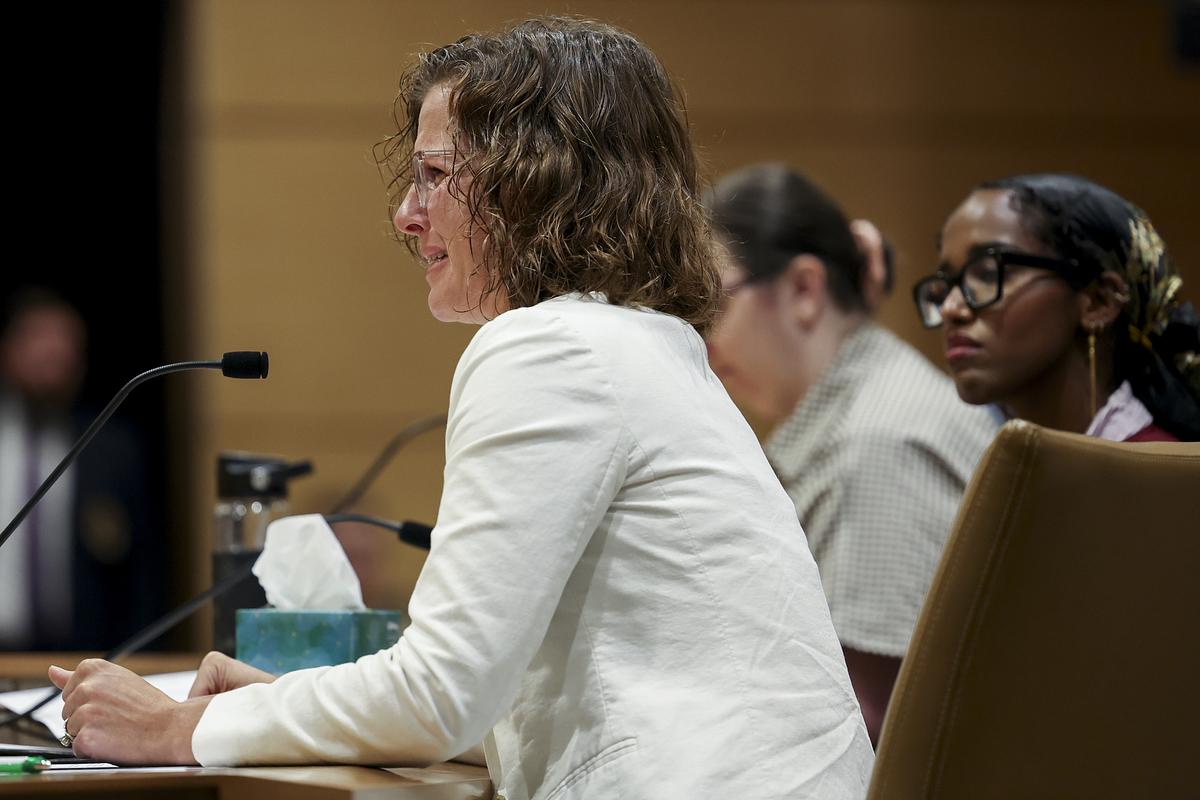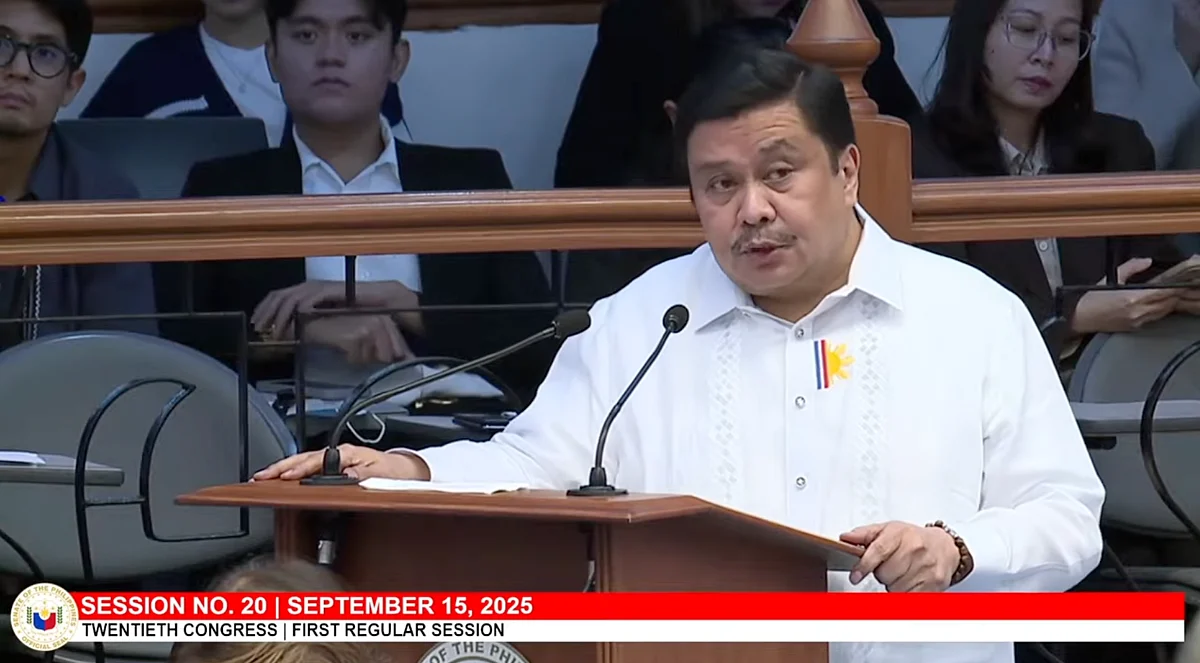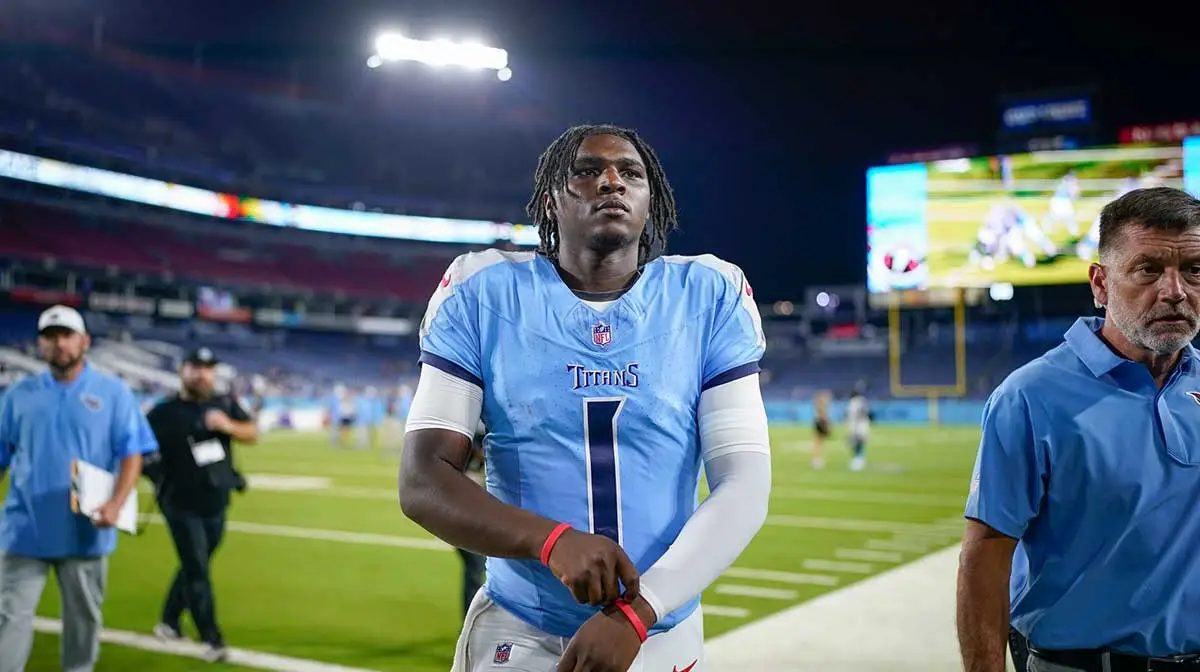By Matthew Blake
Copyright minnpost

To begin the working group he convened on gun violence, Ron Latz led not with a policy proposal but a frightening personal experience as a St. Louis Park City Council member.
“In my first month on the city council I got a death threat on my voicemail because of action we were taking with regards to the deer population,” the DFL state senator said.
What ensued after Latz’s remarks on Monday was north of three hours of utterly gut wrenching public testimony in a packed Minnesota Senate Building hearing room.
Parents of the children shot two weeks ago at Annunciation Catholic School detailed not just learning of a shooting that killed two and injured 21 people, but the traumatic aftermath.
“My children are not the same kids that I dropped off that morning,” testified Carla Maldonado, parent of two Annunciation students. “They have nightmares. They flinch at loud noises. They scream for me with a panic in their voices that makes my heart hurt.”
And lawmakers voiced their discomfort at being back at the Capitol and in the public eye, three months after the fatal shooting of state Rep. Melissa Hortman, DFL-Brooklyn Park, and assassination attempt on Sen. John Hoffman, DFL-Champlin.
Security personnel at the hearing asked for identification from visitors. But the state has not moved forward with larger security precautions, such as metal detectors at the Capitol or Senate Building.
“It gave me pause to actually come in here today,” Latz said.
Between the searing testimony and the working group lacking authority to advance legislation, we don’t know what was tangibly accomplished at Monday’s hearing. But it was a memorable scene.
What was different about the gun violence hearing Monday?
Hearings I have gone to at the Minnesota Senate Building are largely barren. Even legislative analysts, lobbyists and reporters whose job it is to keep track of these meetings often just watch the video feed.
But on Monday the room was packed with parents, gun control advocates and foes, and politicians including Minneapolis Mayor Jacob Frey and state Attorney General Keith Ellison.
Frey testified about a proposal to let cities ban guns on municipally-owned property. Ellison advocated for a new law that could pass legal muster banning guns that do not have serial numbers.
But their testimony was overshadowed by those of parents as well as medical professionals who treated Annunciation students.
“Due to the smaller nature of children’s bodies, a single bullet can do an incredible amount of damage,” said Dr. Rachel Maureen Weigert, a pediatric emergency medicine doctor at Children’s Minnesota. “A bullet from an automatic rifle is designed to splinter into dozens of twisted metal shards, which can instantly kill a child due to critical organ and blood vessel damage. That is how Fletcher and Harper were murdered in their church that morning.”
Brock Safe, the parent of an Annunciation student, teared up as he said, “My 10-year-old daughter, along with many others, are left to cope with horrific images that only seasoned combat veterans experience on the battlefield.”
Related: Will Minnesota address gun violence more like Connecticut or Texas after shooting?
Lawmakers spoke with moral and religious fervor.
Sen. Bonnie Westlin, DFL-Plymouth, said her best friend killed himself with a gun and that she used the Hebrew spiritual practice of Mussar to cope.
Sen. Eric Lucero, R-Dayton, said that the problem is not guns, but the evil in people themselves, who will kill with whatever weapon available. Lucero cited the Book of Genesis where Cain used a large stone, and not a gun, to kill Abel.
Despite the highly emotional tenor, at no point did the working group veer into confrontation.
For example, when Rob Doar, senior vice president of the Minnesota Gun Owners Caucus, testified against an assault weapons ban, Latz effusively thanked him for his perspective. Latz expressed hope that time would allow for Doar to speak up on other bills (Doar did not testify again).
Where does this leave us in terms of changing Minnesota laws?
To review, the Legislature adjourned this spring after it passed state budget bills, and it is not scheduled to reconvene until February. But the Legislature could reconvene before then if Gov. Tim Walz calls a special session.
Since the Annunciation shooting, Walz has repeatedly said that an assault weapons ban is an urgent enough matter to order lawmakers back to St. Paul. Walz met again with legislative leaders Monday about the mechanics of a special session.
In the meantime, we have this working group launched by Latz and Sen. Zaynab Mohamed, DFL-Minneapolis, whose district includes Annunciation. The working group cannot vote to advance a bill unless the Legislature is called.
Related: Walz’s urgency to act on gun violence runs into political reality in divided Legislature
The group can propose and debate bills, and on Monday twelve potential new laws were considered.
One, authored by Mohamed, was a detailed proposal to outlaw 17 different types of firearms that the lawmaker deemed as “any ammunition feeding device with the capacity to accept more than 10 rounds.”
“This legislation addresses a narrow but deadly category of firearms that have repeatedly been used in mass shootings,” Mohamed said.
Mohamed’s bill went on to also ban high-capacity magazines, which she defined as holding more than 10 rounds of ammunition.
Most of the other legislative proposals ran less than a page and did not include ideas about how the law would be enforced or funded.
A few smaller measures would appear to have bipartisan support, including one Hoffman wrote to make impersonating a police officer a felony. Hoffman let shooting suspect Vance Boelter into his home because Boelter allegedly said that he was a police officer.
(Hoffman is still recovering and did not attend Monday’s meeting.)
“It’s pretty helpful and it’s something I’d personally support,” Latz said of the measure. “But it’s not going to stop most of the gun violence in our country.”
The working group will meet for a second session Wednesday, one that will be without public testimony.



